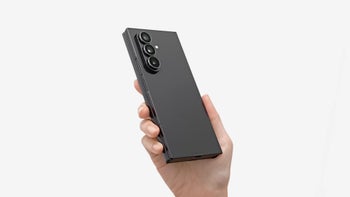Apple should've been more upfront about throttling iPhones with weaker batteries (poll results)
Do you think Apple should've been more upfront about throttling iPhones with weaker batteries?
Yes, users should have known
91.19%
No, it's not a dealbreaker
8.81%
Apparently that meant throttling the processor's power, and resulted in 80% fewer iPhone 6 shutdowns, Apple reported at the time. It, however, kept this power management system in the next iOS updates, too, so once the battery in your iPhone 7 ages enough, it will likely become a bit slower and less responsive unless you crack it open and change the power bank with a brand new one.
Follow us on Google News













Things that are NOT allowed:
To help keep our community safe and free from spam, we apply temporary limits to newly created accounts: